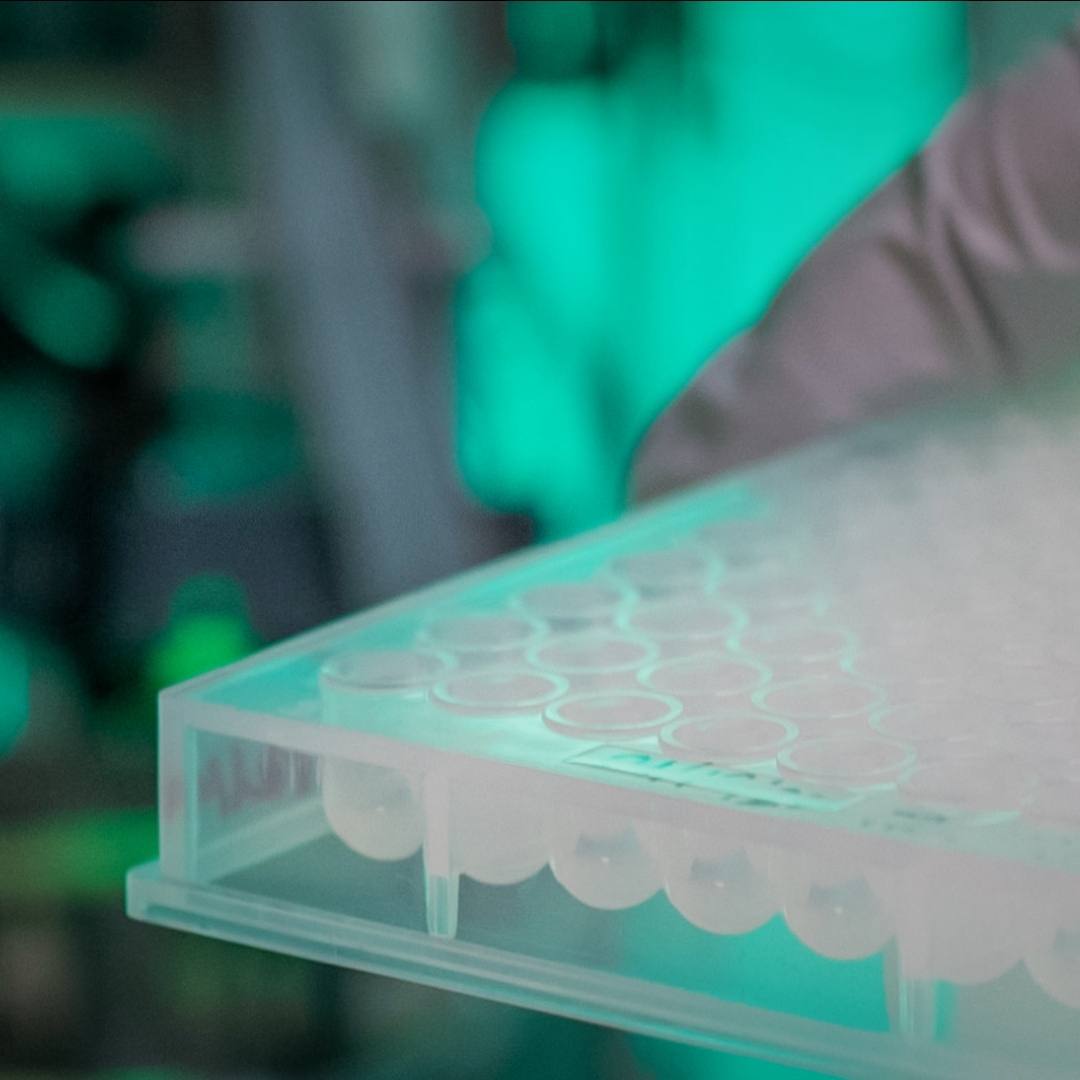-
Science Saturday: Researchers validate threshold for determining effectiveness of antidepressant treatment

Over one-third of people diagnosed with major depressive disorder don't respond sufficiently to specific antidepressant treatments. As a result, often patients need to try different options until they find one that is effective.
There are validated definitions of good treatment effects. But the definition of ineffective treatment has been less clear, says William Bobo, M.D., chair of the Department of Psychiatry and Psychology at Mayo Clinic in Florida.
"A common assumption is that a nonresponse to antidepressants is a total lack of any benefit at all. In our experience, a lot of patients improve with a given treatment but not enough for it to be continued. In other words, they are getting no meaningful benefit, and a valid definition of 'no meaningful benefit' has been lacking," says Dr. Bobo. He is a co-author of a new study, published in the Journal of Clinical Psychiatry, in which Mayo Clinic researchers and collaborators have developed and validated a threshold that defines no meaningful benefit from an antidepressant. This threshold is designed to help determine if an antidepressant used for depression is working, but not well enough to be continued.
Read the rest of the article on the Advancing the Science blog.
____________________________________________
Other Mayo Clinic medical research websites:
- Research at Mayo Clinic
- Discovery’s Edge
- Mayo Clinic Laboratories
- Forefront
- Center for Individualized Medicine
- Center for Regenerative Medicine
- Center for the Science of Health Care Delivery
- Mayo Clinic Cancer Center







